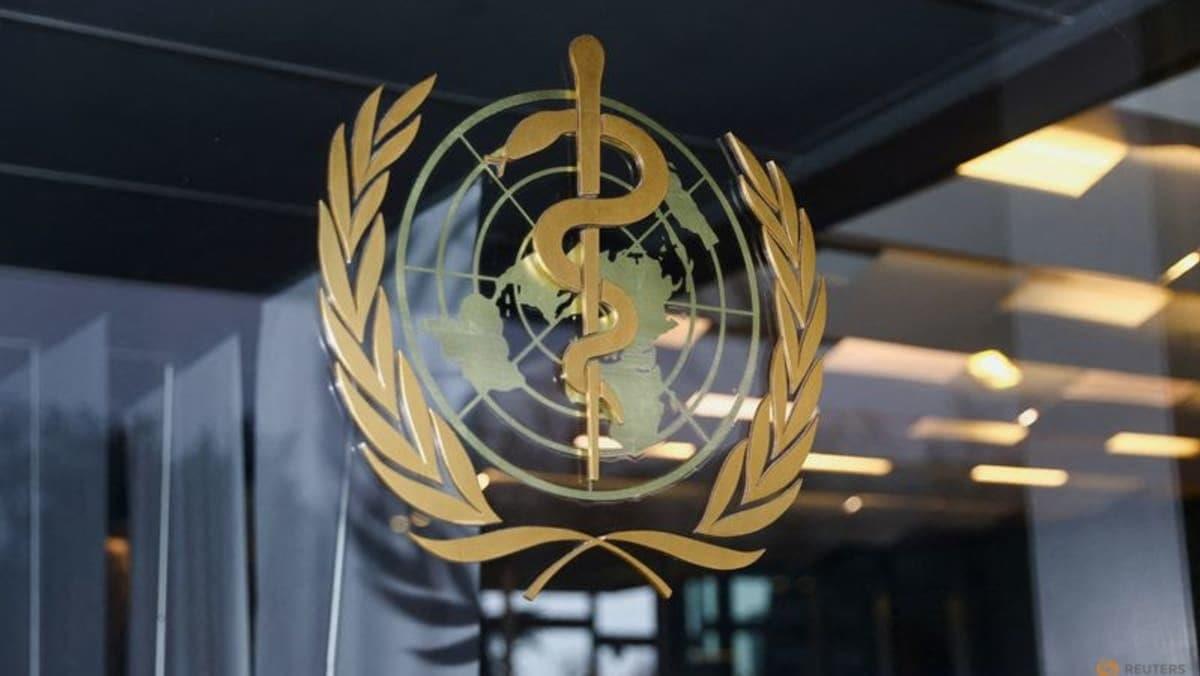GENEVA, Dec 20 (Reuters) - The Omicron variant of the coronavirus is spreading faster than the Delta variant and is causing infections in people already vaccinated or who have recovered from the COVID-19 disease, the head of the World Health Organization (WHO) said on Monday (Dec 20).
WHO chief scientist Soumya Swaminathan added it would be "unwise" to conclude from early evidence that Omicron was a milder variant that previous ones.
"With the numbers going up, all health systems are going to be under strain," Soumya Swaminathan told Geneva-based journalists.
The variant is successfully evading some immune responses, she said, meaning that the booster programmes being rolled out in many countries ought to be targeted towards people with weaker immune systems.
"There is now consistent evidence that Omicron is spreading significantly faster than the Delta variant," WHO director-general Tedros Adhanom Ghebreyesus told the briefing.
"And it is more likely people vaccinated or recovered from COVID-19 could be infected or re-infected," Tedros said.
Their comments echoed the finding of study by Imperial College London, which said last week the risk of reinfection was more than five times higher and it has shown no sign of being milder than Delta.
WHO officials said however that other forms of immunity vaccinations may prevent infection and disease.
While the antibody defences from some actions have been undermined, there has been hope that T-cells, the second pillar of an immune response, can prevent severe disease by attacking infected human cells.
WHO expert Abdi Mahamud added: "Although we are seeing a reduction in the neutralisation antibodies, almost all preliminary analysis shows T-cell mediated immunity remains intact, that is what we really require."
However, highlighting how little is known about how to handle the new variant that was only detected last month, Swaminathan also said: "Of course there is a challenge, many of the monoclonals will not work with Omicron."
She gave no details as she referred to the treatments that mimic natural antibodies in fighting off infections. Some drug makers have suggested the same.
WHO officials said however that other forms of immunity vaccinations may prevent infection and disease.
While the antibody defences from some actions have been undermined, there has been hope that T-cells, the second pillar of an immune response, can prevent severe disease by attacking infected human cells.
WHO expert Abdi Mahamud added: "Although we are seeing a reduction in the neutralisation antibodies, almost all preliminary analysis shows T-cell mediated immunity remains intact, that is what we really require."
However, highlighting how little is known about how to handle the new variant that was only detected last month, Swaminathan also said: "Of course there is a challenge, many of the monoclonals will not work with Omicron."
She gave no details as she referred to the treatments that mimic natural antibodies in fighting off infections. Some drug makers have suggested the same.


